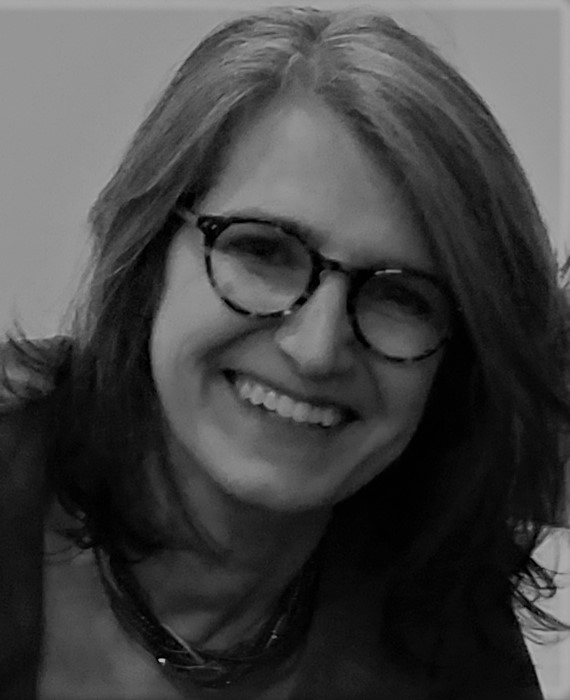This collaborative project of CSUD, the Columbia Graduate School of Architecture, Planning, and Preservation, and The American Assembly, examines historic preservation as a sustainable and socially-inclusive urban policy tool. It has been generously funded by the New York Community Trust. The initiative engages researchers, government officials, and practitioners in a series of three symposia and related publications, to advance the collaborative processes needed to inform the next generation of preservation policy.
Preservation serves as an important tool in evolving the existing built environment toward climate change because of the critical methods it brings to understanding diverse publics, their place attachments, and spatial legacies of exclusion, as well as the technologies it brings to adapting and retrofitting existing structures in the ever-changing dynamic of old and new materials/systems and environmental conditions. As decarbonization and adaptation incur significant changes to social-spatial conditions, preservation can support more targeted inquiry into how expert and non-expert/local knowledges inform innovation and equitable resilience.
Many government agencies dealing with preservation lack the mandate and the resources to independently explore emerging questions about policy, and the same is often true for not-for-profit and community groups. Though scholarly research on the topic is expanding, it remains fragmented. This initiative aims to counter that fragmentation and foster communication and collective action toward socially and environmentally responsive change.
Additional information: http://csud.ei.columbia.edu/projects/urban-heritage-sustainability-and-social-inclusion/

